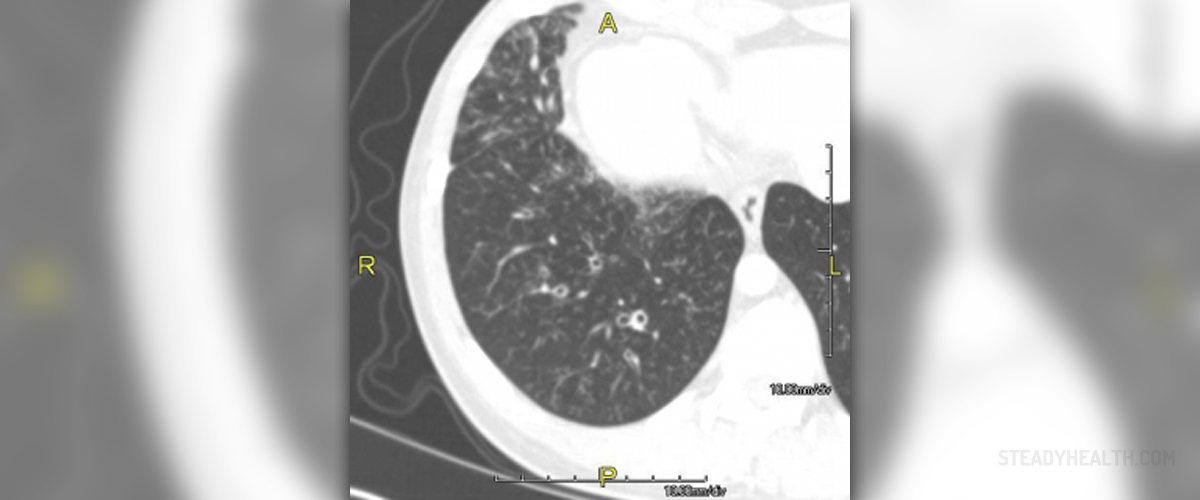
Neuroleptics are known to cause both acute movement disorders and TD and these two should be differentiated. Acute problems are akathisia, acute dystonia and different hyperkinetic dyskinesias and Parkinsonian syndrome. These acute movement disorders are usually known as extrapyramidal syndromes or EPS and they are more common in females and elderly. Occurrence of acute movement effects is associated with the use of potent dopamine antagonist drugs and prolonged therapy with these medications. Patients who already have some acute movement disorders after using dopamine antagonists are also more likely to develop these problems again.
Tardive dyskinesia is explained by polymorphisms of the genes and certain enzymes, as well as dysfunction of the dopamine transporter in the human body.
Medical Treatment
Prevention of tardive dyskinesia involves the use of lowest possible doses of neuroleptic drugs and the shortest possible treatment duration. Patients diagnosed with TD are usually advised to decrease the dose or stop using medications that have caused the problem in the first place if they can because of the nature of their disease. In some cases, TD may progress further and worsen significantly, even if the patient has stopped using neuroleptics. Doctors must carefully determine whether the risks are less harmful than the benefits the patient has from these drugs.
Some doctors may prescribe atypical neuroleptics that cause TD less often, since they work on several other receptors, beside dopaminergic receptors, such as histaminic, muscarinic and alpha-adrenergic receptors.
Clozapine is known to cause tardive dyskinesia, but the incidence of this effect is less prominent than when using other traditional neuroleptic drugs. The drug is proven to successfully treat tardive tremor. Other drugs may include zotepine, propranolol, clonazepine, aripiprazole, lithium, zopiclone.
Tardive blepharospasm usually resolves after decrease or termination of dopamine antagonists. In some cases, patients may use atypical neuroleptics or be treated with anticholinergics, benzodiazepines, clozapine, botulinum toxin or dopamine-depleting drugs.
Some traditional remedies have also been administered for the treatment of TD symptoms. Certain trials used yi-gan san, a herb common in traditional Japanese medicine with some promising results which still need to be confirmed. Adult men may also be treated with branched-chain amino acids, but the treatment is not an option for pregnant women. However, this treatment has to be approved too.
- www.who.int/mental_health/mhgap/evidence/resource/psychosis_q6.pdf
- medlineplus.gov/druginfo/natural/934.html
- Photo courtesy of John S. To, MD by Wikimedia Commons: en.wikipedia.org/wiki/File:Primary_ciliary_dyskinesia-1.jpg


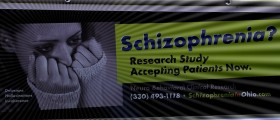
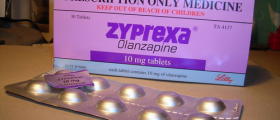





-When-You-Have-Parkinson's-Disease_f_280x120.jpg)
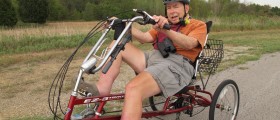

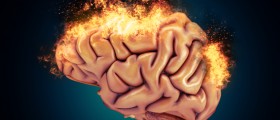


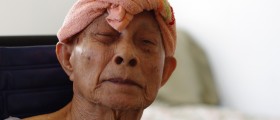

Your thoughts on this
Loading...